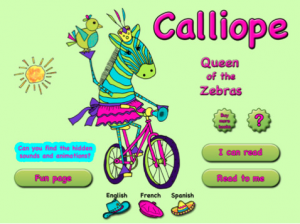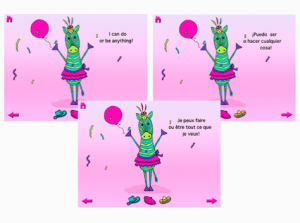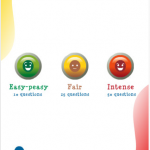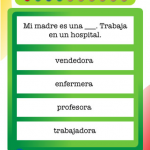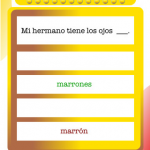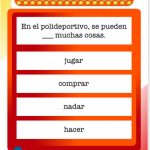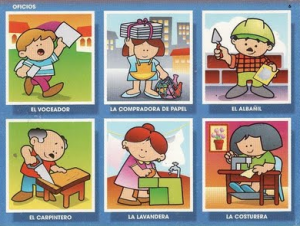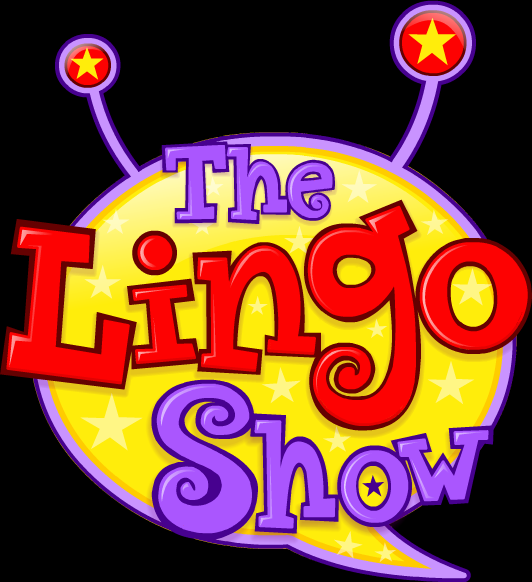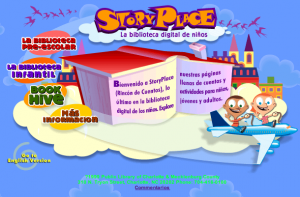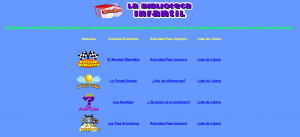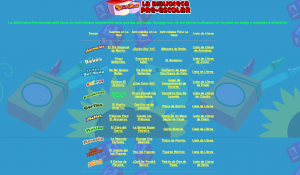 I’ve just received an email about an exciting new venture from Lingua@Hillcrest. Based at Hillcrest School and Sixth Form centre in Birmingham, Lingua@Hillcrest is already known for its virtual visits to France, Spain and Germany including passport control, currency exchange, shopping and refreshment experience as well as language games.
I’ve just received an email about an exciting new venture from Lingua@Hillcrest. Based at Hillcrest School and Sixth Form centre in Birmingham, Lingua@Hillcrest is already known for its virtual visits to France, Spain and Germany including passport control, currency exchange, shopping and refreshment experience as well as language games.
Now they are offering …
Murder Mystery?
in French, German and Spanish
Why not challenge your students to solve the crime at
lingua@hillcrest
Birmingham
Using their language skills students take on a role in a team of detectives in order to solve the crime.
Investigations include
- examining the scene of crime
- forensics
- scrutinising news bulletins, recorded interviews & CCTV
- analysing suspects’ bank and telephone records
- cross-examining suspects
Recommended for year 9 – 11
Available every Monday
Bookings before 31 December 2012 – £150 per session or £250 for the full day.
After 1st January 2013 – £180 per session or £330 for the full day.
For further details www.hillcrest.bham.sch.uk/lingua
Contact 0121 464 3172 or email lingua@hillcrest.bham.sch.uk

Sounds fun to me and a great way to learn and practice language that can become very ‘borong’ after a while – personal identification, descriptions and so on!
Details of other activities at Lingua@Hillcrest are below.
Do you want to get your pupils ahead of the game in MFL?
fun, hands-on activities for KS3 in
French, German and Spanish
lingua@hillcrest, Birmingham
Half day visits include:
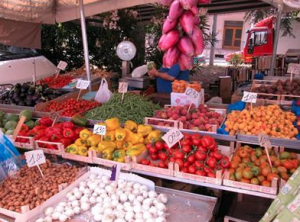 Passport control
Passport control
- Exchanging currency at the bank
- A carousel of interactive language activities
- Simulated shopping in our international shopping village
- Collecting stamps for every transaction completed
- Buying refreshments and souvenirs at the shops
Available every Monday
Bookings before 31 December 2012 – £150 per session or £250 for the full day.
After 1st January 2013 – £180 per session or £330 for the full day.
Discover how your pupils could benefit from a visit at
www.hillcrest.bham.sch.uk/lingua
To book a visit call us on 0121 464 3172 and ask for lingua bookings
or email us at lingua@hillcrest.bham.sch.uk
“We had a great time on Tuesday – thank you all very much! We hope to be back next year!” Victoria School
“Very well thought-out structure with good timings. Great content… Year 8 students loved it and have even greater enthusiasm for MFL.” Heartlands Academy
